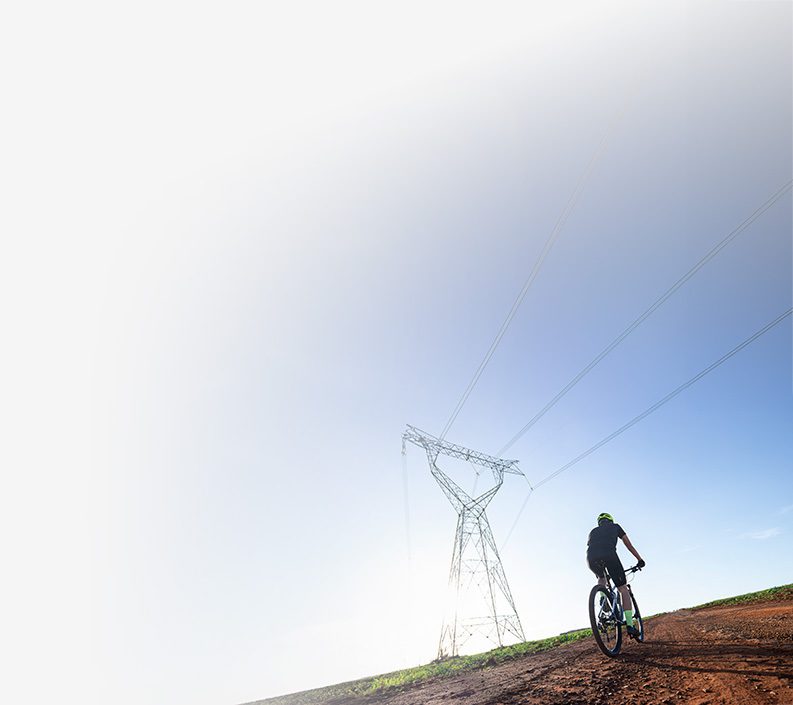Blog



Budget 2025: What it means for energy and utilities
The Budget delivers a £150 reduction in household energy bills from April 2026 through temporary Exchequer funding of the Renewables Obligation (RO) and the end of the Energy Company Obligation (ECO). The RO relief is temporary however, and expected increases in other non-commodity costs will continue to pressure bills in the medium term. Today’s announcement should therefore be seen as short-term relief.

Get out of wrap: Leadership for the contact centre of today and tomorrow
Contact centres are evolving fast, but has leadership capability kept pace? This article explores how AI-driven insight and structured leadership development help close critical gaps, strengthen performance and build confident, future-ready leaders for today’s contact centre landscape.

How to reduce B2B energy debt today and build future resilience
B2B energy debt continues to rise, now expected to stand at £2bn, putting cashflow and capital adequacy under further strain for suppliers. Over the next two articles, we're looking at what it'll take to address this problem.

How great service drives commercial success in B2B energy
In B2B energy, great service builds trust and removes friction, allowing customers to focus on their business instead of their supplier. Building on the insights from earlier articles in this series, this third part looks at how leading suppliers use service as a strategic lever to unlock tangible commercial benefits.

Over half of supplier core processes impacted by MHHS – Are you prepared?
With MHHS migration underway, suppliers are now delivering one of the most significant market changes in decades. Our latest analysis shows that over half of typical supplier processes will be affected by MHHS, with 30% carrying a risk of undermining migration success if not addressed.

MHHS Webinar Recap: Can 100% settlement be achieved at four months?
As MHHS migration begins, the focus is shifting from planning to daily operational delivery. In our recent webinar, the panel discussed what this means in practice, including smart performance, data quality and operating model changes. Key takeaways are summarised here.

How integrated offshore teams can drive service excellence in B2B energy
Delivering consistent service quality at scale in B2B energy takes more than strong frontline capability. In this second article on Service Excellence, we look at the role of integrated offshore teams and how effective management can drive consistency, customer satisfaction, and commercial outcomes.

Why data quality will define your MHHS settlement success
As Market-wide Half-Hourly Settlement (MHHS) reshapes the UK energy market, data quality will determine whether suppliers achieve 100% settlement at four months. Strong meter data, proactive exception management, and effective processes are essential to minimising settlement risk and unlocking long-term efficiency.

Delivering exceptional customer service in today's B2B energy market
In today’s B2B energy market, exceptional service is a key differentiator. This article explores how empowering frontline agents with the right tools, authority, and coaching can improve customer experiences, reduce complaints, and deliver measurable business results.

Energy debt hits record £4.43bn as doubts grow over interventions
Ofgem's latest figures show domestic energy debt has reached a record £4.43bn, increasing by £0.73bn in the past year, and £0.3bn in the past three months. It's the 11th consecutive quarterly rise, reinforcing the urgent need for targeted support.

How integrated AI and automation is finally solving utilities' operational headaches
AI and automation are becoming mature enough to solve long-standing challenges in utilities. In this article, we share how to cut costs, reduce failure demand, and free teams to focus on high-value work, without the common pitfalls.

Closing the gap: Four steps to boost B2B energy sales performance
Evolving customer cycles, stronger competition and shifting TPI relationships are exposing pressure points in B2B sales models. We've shared four steps to boost performance in this article.

Subscribe today to receive the latest news and updates from BFY
By submitting my personal data, I consent to BFY collecting, processing, and storing my information in accordance with our Privacy Policy.
